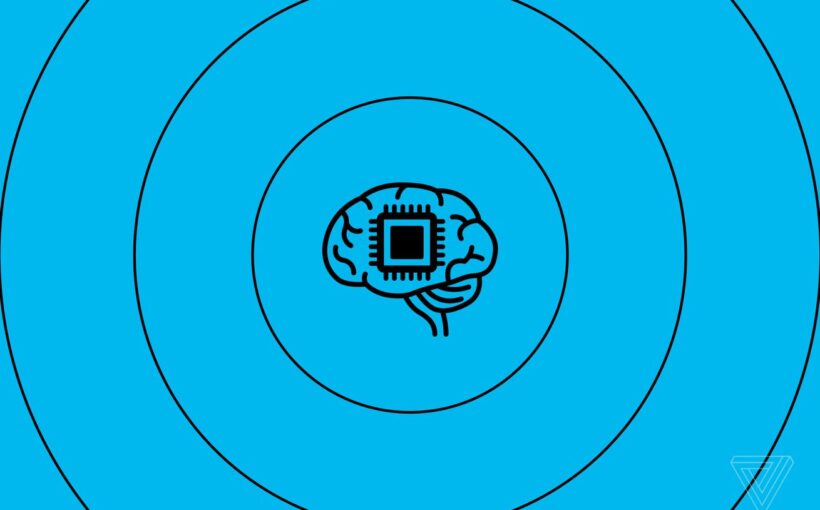The future of artificial intelligence is shrouded in potential but fraught with uncertainty.
SwissCognitive Guest Blogger: Thomas Helfrich, Expert in intelligent automation and Artificial Intelligence Innovation systems – “The Future of Artificial Intelligence: How to Embed for Success”

A Shifting Paradigm
There is no easy answer for the future of artificial intelligence as it is a technology that continues to reshape our way of life. In recent years, artificial intelligence has made incredible strides forward. According to Erik Brynjolfsson, author of “Machine, Platform, Crowd: Harnessing Our Digital Future and also director of the MIT Initiative Digital Economy, artificial intelligence and related technologies have attained superhuman performance levels in many areas, and there is no doubt that their capabilities will improve in the future and their power will be harnessed to make the world a better place.
As we continue to incorporate it into different facets, artificial intelligence can potentially transform our lives for the better. Machine learning and data processing have enabled AI to perform facial recognition and language translation tasks. AI-powered robots could be used in hazardous environments such as nuclear power plants, making them safer for humans to work in.
AI technology can be used to make better decisions by sifting through vast amounts of data to find patterns that we might not be able to see and can even be used to diagnose diseases earlier and provide personalized treatment plans. However, a few key things need to be done for artificial intelligence to be successfully embedded into society as AI becomes more sophisticated.
Accessibility and Ethical Soundness
As artificial intelligence becomes increasingly powerful, it is essential that we take steps to ensure that it is ethically sound. This means ensuring that AI is not used for harm and that its development considers all stakeholders’ interests. Several initiatives are underway to promote ethical AI, such as the European Commission’s High-Level Expert Group on Artificial Intelligence. However, more needs to be done to ensure that AI is developed responsibly and in a way that benefits everyone.
One of the key challenges facing the future of artificial intelligence is making sure that it is accessible to everyone. AI is often seen as the preserve of large tech companies and highly-skilled experts. However, if AI benefits society, it needs to be made more accessible to everyone. This means developing user-friendly tools and applications and ensuring that AI is affordable and available to all. One way to make AI more accessible is to develop user-friendly tools and applications. That includes developing apps that can be used by people with little or no technical expertise. For example, there are now a number of mobile apps that allow users to control robots and other devices using natural language commands.
Another way to make AI more accessible is to make sure that it is affordable and available to all. This means ensuring that AI technologies are not just the preserve of large companies and wealthy individuals. There are several initiatives aimed at making AI technologies more open and accessible, such as Google’s AIY Projects and Facebook’s PyTorch. These initiatives are helping to lower the barriers to entry for people who want to use and develop AI technologies.
The Role of Artificial Intelligence in the Future of Work
As AI technologies become more advanced, they will increasingly be used to automate tasks currently done by human workers. This could lead to significant changes in the workplace, as well as in the nature and type of work that is done. Without a doubt, the future of work will likely be profoundly impacted by artificial intelligence.
One way AI will likely impact the future of work is by creating new job types. As AI technologies become more widespread, they will create new opportunities for people to work in data science and machine learning fields. These are areas where humans are likely to be able to complement rather than replace AI technologies.
The main purpose for which AI will be used in the future is to help humans make decisions more quickly and efficiently, aiding them with traditionally difficult or impossible tasks. This will help increase productivity and allow workers to focus on what they do best.
The Pitfalls of Artificial Intelligence that Lurk
While artificial intelligence may seem to be covered in all its glory, it doesn’t mean it is devoid of flaws. As with every other phenomenon, it has its share of pitfalls that cloud it. Over-reliance on artificial intelligence (AI) can lead to a false sense of security, as humans become less vigilant and less able to identify potential threats. There is also the tendency for an AI system to make mistakes that should not be overlooked. The consequences can be disastrous, and there may be no way to correct the error.
One disadvantage that never goes away is the bias and lack of transparency around artificial intelligence. Bias can emanate from the design or data given to learn from. The rapid development of AI technology may result in unforeseen consequences that are difficult to control or predict. When left unchecked, these can lead to unfair and potentially harmful outcomes.
Conclusion
The future of artificial intelligence is bright and is bound to keep getting even better. Artificial intelligence technology will never be perfect as it has its negative aspects as well. However, it does not take away from what the future holds in store as it continues to be a succinct part of our society.
Der Beitrag The Future of Artificial Intelligence: How to Embed for Success erschien zuerst auf SwissCognitive, World-Leading AI Network.
Source: SwissCognitive



